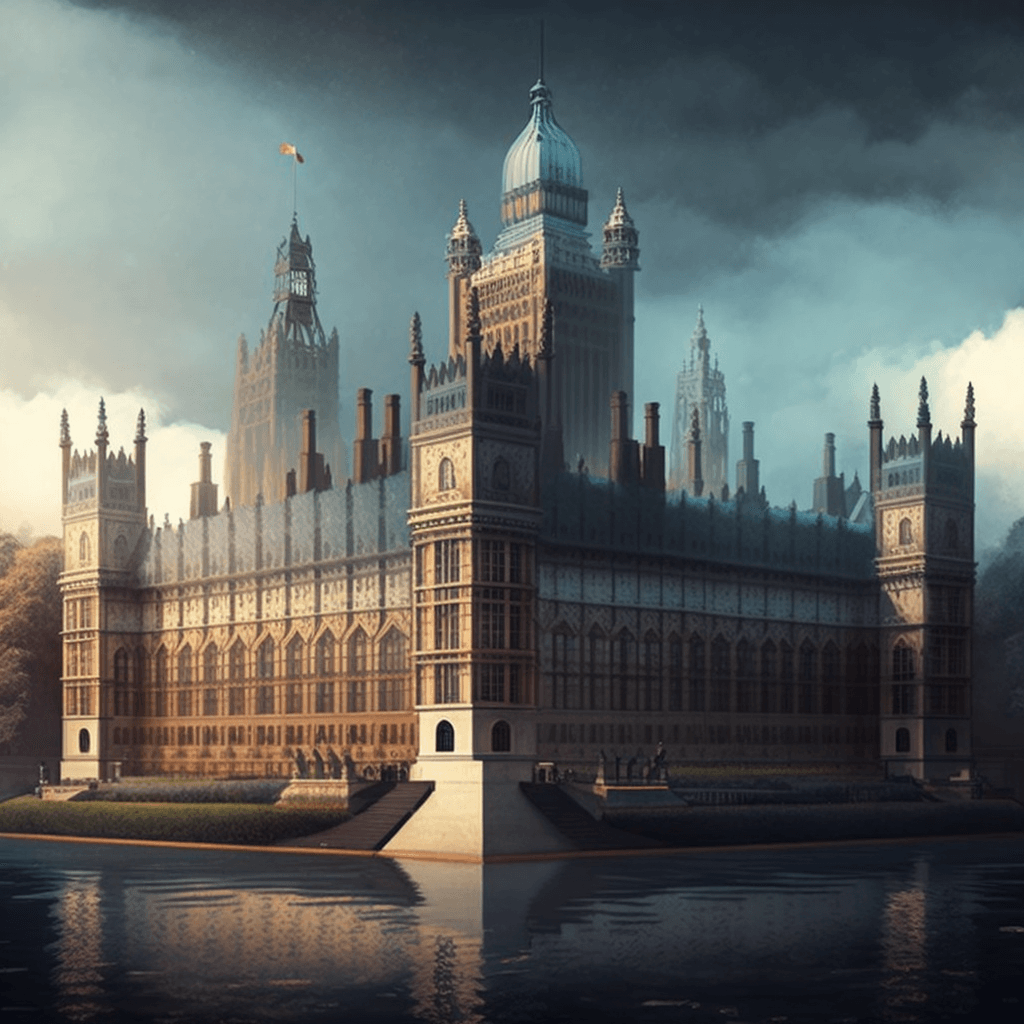Airbnb has revolutionized the way people travel, offering unique accommodations at competitive prices. However, as the platform has grown, so too have the concerns surrounding its impact on local communities, housing affordability, and the traditional hospitality industry. In response, the United Kingdom has introduced various regulations to address these concerns and protect the rights of hosts, guests, and residents. In this comprehensive guide, we’ll take a closer look at Airbnb regulations in the UK, and everything you need to know to remain compliant as a host.
Understanding the Basic Requirements
Registration and Verification
To operate as an Airbnb host in the UK, you must first create an account on the platform and complete the verification process. This includes providing personal information, such as your full name, email address, phone number, and a valid form of identification. Airbnb uses this information to verify your identity and ensure a safe and secure platform for both hosts and guests.
Home Sharing Rules
Each local council may have its own set of home-sharing rules that hosts must follow. These rules can include restrictions on the number of nights a property can be rented out per year, the number of guests allowed, and the type of property that can be used for short-term rentals. Hosts must familiarize themselves with the rules specific to their area and ensure compliance.
Taxation
Airbnb hosts in the UK must report their rental income to HM Revenue & Customs (HMRC) for tax purposes. The UK has a Rent-a-Room Scheme, which allows hosts to earn up to £7,500 per year tax-free by renting out furnished rooms in their primary residence. However, if your earnings exceed this threshold, or if you’re renting out an entire property, you must declare your income and pay taxes accordingly.

Health and Safety Regulations
Fire Safety
Hosts are responsible for providing a safe environment for their guests. This includes adhering to fire safety regulations, such as installing smoke alarms on every floor of the property and carbon monoxide detectors in rooms containing fuel-burning appliances. Additionally, hosts should provide fire extinguishers, fire blankets, and a clearly displayed fire escape plan.
Gas Safety
All gas appliances in the property must be inspected and maintained by a Gas Safe registered engineer. Hosts are required to provide a valid gas safety certificate to guests, either by displaying it in the property or providing a copy upon request.
Electrical Safety
Hosts must ensure that all electrical appliances and installations in their property are safe for use. It is recommended to have a registered electrician conduct periodic inspections and provide an Electrical Installation Condition Report (EICR) for the property. In addition, hosts should provide guests with clear instructions on how to use electrical appliances safely.
Legionella Risk Assessment
Legionella is a type of bacteria that can cause a potentially fatal form of pneumonia called Legionnaires’ disease. Hosts must conduct a risk assessment for Legionella and take appropriate measures to minimize the risk of exposure to guests.
Planning Permission and Licensing
Change of Use
In some cases, hosts may need to apply for planning permission from their local council to use their property for short-term rentals. This typically applies when the property is being rented out for more than 90 nights in a calendar year or when the property is not the host’s primary residence. Check with your local council to determine if planning permission is required for your specific situation.
The 90-Day Rule in London
In an effort to minimize the impact of short-term rentals on the availability of long-term housing, the Greater London Authority has implemented a 90-day rule for hosts operating within the city. This regulation stipulates that entire homes listed on platforms like Airbnb cannot be rented out for more than 90 nights in a calendar year without obtaining planning permission from the local council. This rule applies even if the 90 nights are not consecutive. Hosts must closely monitor the number of nights their property is rented out and apply for planning permission if they anticipate exceeding the 90-night limit. Failure to comply with this regulation can result in fines and legal action. It’s important to note that the 90-day rule applies specifically to entire homes and not to individual rooms within a host’s primary residence.
Source: london.gov.uk
Listed Buildings and Conservation Areas
If your property is a listed building or located within a conservation area, additional restrictions may apply to the use of the property for short-term rentals. Listed buildings are subject to strict planning controls, and any alterations or changes to the building, including its use, may require consent from the local planning authority. Similarly, properties within conservation areas may have specific guidelines and restrictions to preserve the area’s character and appearance. Hosts must consult with their local council to determine if any additional permissions are required before listing their property on Airbnb.
Temporary Event Notices
If you plan to host an event, such as a party or a gathering, that exceeds the property’s normal capacity or involves licensable activities, you may need to apply for a Temporary Event Notice (TEN) from your local council. TENs are required for events involving the sale of alcohol, regulated entertainment, or the provision of late-night refreshments. The notice must be submitted at least ten working days before the event, and hosts must adhere to the terms and conditions stipulated in the notice.

Conclusion
As an Airbnb host in the UK, it is crucial to familiarize yourself with the various regulations that govern short-term rentals. By adhering to these regulations, you can provide a safe and enjoyable experience for your guests, avoid potential fines, and contribute positively to your local community. Stay informed about any changes to local rules and regulations, as these can vary between councils and may be subject to change over time. By taking the time to understand and comply with these regulations, you can help to ensure the continued success of the Airbnb platform and the broader sharing economy in the UK.
To read a full guide on Serviced Accommodation in the UK then click here



Pingback: A New Era Of Travel: Embracing The Serviced Accommodation Trend - Income Intel
Pingback: Property Sourcing 101: A Comprehensive Guide For New Investors - Income Intel